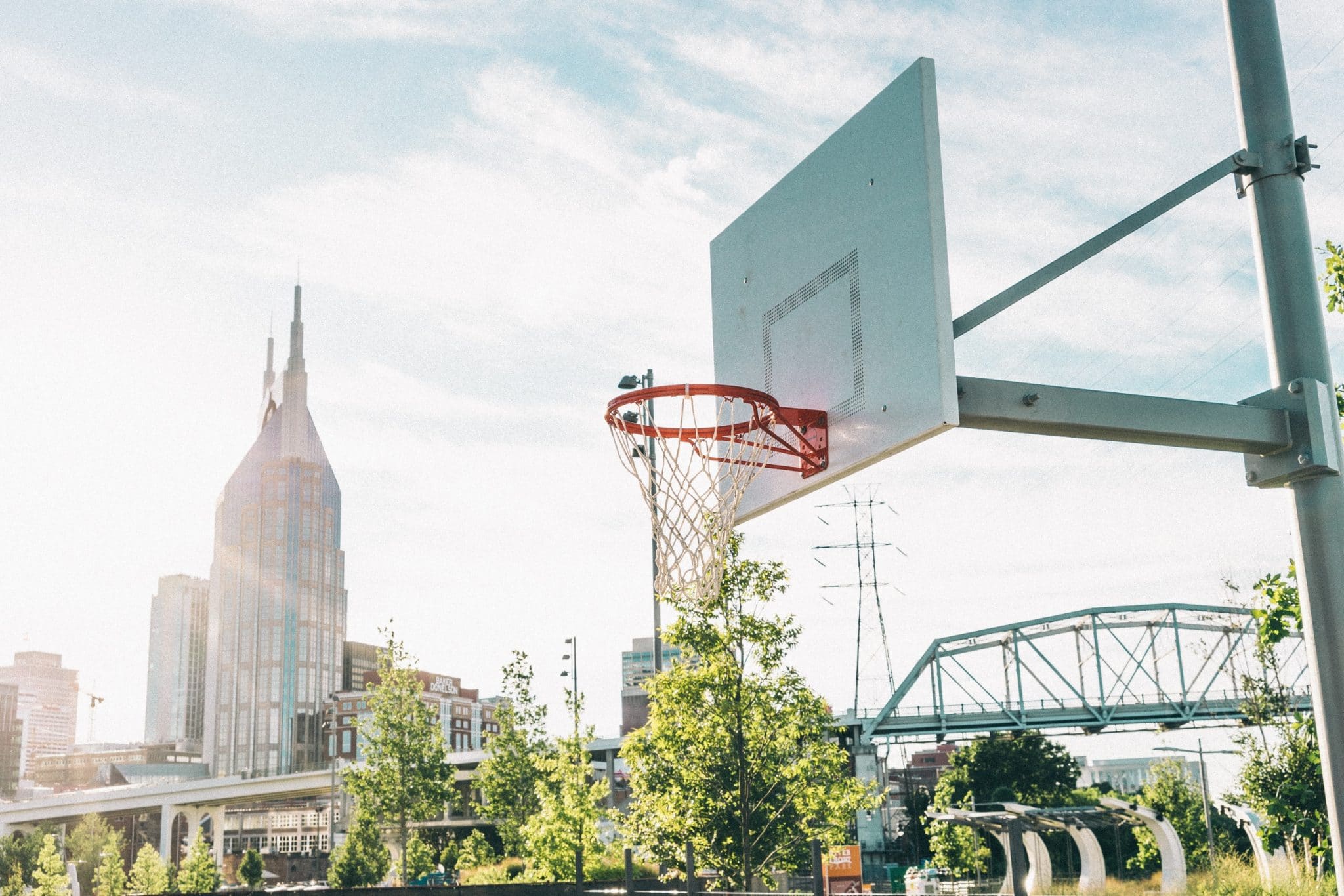The very broad definition of an amateur athlete is someone who competes in sports for personal satisfaction and not for monetary gain. In order to be eligible to play sports in college, you must have amateur status. This status is also a key factor in when it comes to receiving athletic scholarships. However, the exact requirements of amateur status can vary among the major associations regulating collegiate athletics (NCAA, NAIA, and NJCAA) and can even vary among the divisions within the NCAA.
If you have any questions about whether certain activities or conduct on your part will affect your amateur status, the best thing to do is contact the athletic associations that the colleges you’re interested in belong to and determine if your actions adhere to their specific amateurism rules. Below are some general guidelines to help you understand the activities you should consider when evaluating your amateur status.
Avoid agents
The one consensus violation of amateurism rules across all the collegiate athletic associations is entering into a contract with an agent or receiving benefits from an agent (whether or not you have a contract with them). If you want to play sports in college, the best policy is to avoid agents altogether. That way, there will be no questions about whether your association with them was improper or not.
Professional competition
You might think that competing professionally would be another clear violation of amateurism rules, but the athletic associations actually have different policies regarding this issue.
If you wish to play for a sports college in the NJCAA, NAIA, or Division I of the NCAA, you may not compete as a professional or enter into a contract with a professional team. However, each association has its own specific regulations regarding your competition as an amateur either against professionals or with professional teammates. Check with each association to see what is permissible. Note that in most cases, these situations are also violations of amateurism rules.
When you find a college that you’re interested in playing sports for, be sure to research what association and what division (if it belongs to the NCAA) it is a member of in order to make sure that you know which requirements to follow.
If you wish to play for an institution in Division II or Division III of the NCAA, you may compete professionally prior to full-time enrollment. The one distinction in this rule between the two divisions is that if you plan to play for a Division III team, you cannot accept any salary for your participation as a professional; if you plan to play for a Division II team, you can accept salary.
An important condition of this rule for both Division II and Division III institutions is that you may lose seasons of collegiate competition depending on the amount of time you spend in professional competition.
You should also research whether or not professional competition or related activities will have any effect on potential sports scholarships that you may qualify for.
The one consistent rule across all associations in regards to professional competition is that you will lose your amateur status if you compete professionally in any situation after you’ve enrolled at an institution.
Other activities that can affect amateur status
There are a variety of other activities related to playing or coaching sports that may affect your amateur status at a sports college. Below are some activities that violate amateurism rules in most cases:
- Receiving compensation that exceeds actual and necessary expenses (such as travel or lodging, etc.) when competing as an amateur
- Receiving compensation for media appearances (radio, television, etc.) that exploit your athletic ability or fame
- Expressly or implicitly endorsing commercial products or services
- Accepting prize money that exceeds actual and necessary expenses
For some activities, the question of whether or not they violate amateurism rules can vary among the athletic associations or vary depending on whether the activity occurs before or after you enroll at a school. Some examples of these activities are:
- Entering a draft
- Trying out for a professional team
- Receiving compensation for coaching or officiating
- Delaying enrollment to participate in organized competition
If you’re considering any of these activities, the best policy is to check with each athletic association to determine its specific amateurism rules.
Determining amateur status
If you’re planning to play for schools in Division I or Division II of the NCAA, your amateur status must be certified by the NCAA Eligibility Center. When you register with the clearinghouse to certify your academic eligibility, you’ll also answer questions regarding your athletic benefits and activities, which may or may not have an impact on athletic scholarships that you may qualify for.
The clearinghouse can certify your amateur status, assess penalties that you’ll have to complete before you can be certified, or determine that you are ineligible to compete at a Division I or II school. After the clearinghouse makes its final decision, the institution with which you enroll is responsible for certifying your status for the time between that decision and when you actually enroll.
For schools in the NJCAA, NAIA, or Division III of the NCAA, the institution in which you enroll is responsible for certifying your amateur status. You should research the requirements as part of the college information you gather about the schools you’re interested in.



